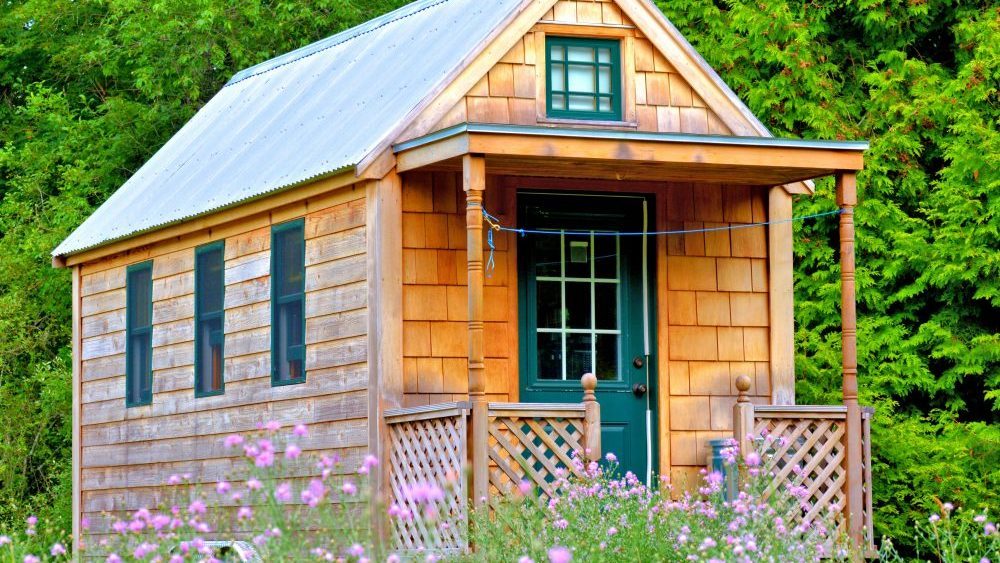The “Tiny House” movement is certainly getting a lot of publicity these days, and let’s face it, those cute-as-a-button homes offering the prospect of no mortgage and a smaller environmental impact are pretty tempting. But are you ready to live in 500 square feet — or less?
Letting go. Living in a tiny home requires eliminating most of your personal belongings except for the absolute essentials. This is hard for many people, but those who enjoy tiny-home living welcome the change. Less stuff means less stress and less cleaning. On the flip side, be prepared for less personal space. Are you ready to share tight quarters with your significant other? Even in times of conflict and stress?
No rush. Tiny houses are complicated to build, which means it will take time — as long as one year. Find someone experienced and knowledgeable in tiny homes. You may be able to buy a pre-existing home, but don’t count on finding one in the right location or condition.
Money matters. While many homeowners report significant savings on monthly utilities, they spend far more per square foot on their tiny homes than buyers of conventional homes. So be prepared to fork out a hefty sum upfront, especially if you don’t want to carry a mortgage. Count on spending $20,000 to $50,000 or more building a tiny house.
Planting roots. This is where tiny-home living gets tricky. Many municipalities have laws that prohibit people from living in homes under a certain square footage. They may also require the tiny houses to meet local building and zoning regulations. Since many of these houses are constructed off-site, it makes it challenging to know which building codes must be met. Most cities don’t permit stand-alone tiny houses or those on wheels. Even in places where tiny homes are allowed, you may be required to connect to utilities. This means that if you want to live off-grid, using solar, rainwater or other means, you may have a difficult time finding a location. That said, the rise in popularity of tiny homes has caused some cities and towns to start to rethink their policies. As always, do your homework before making a serious investment.


